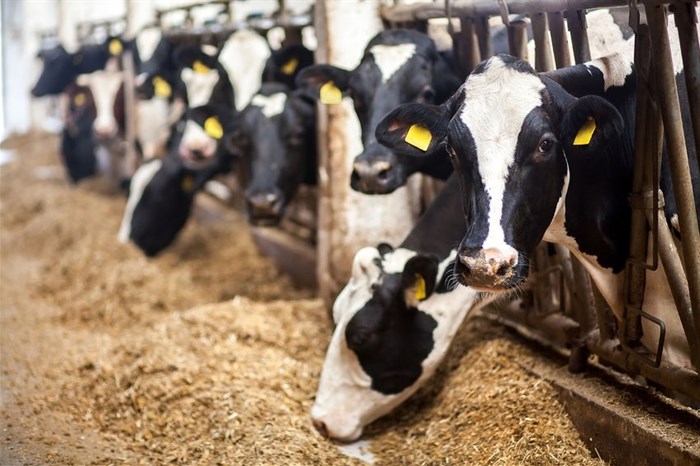
Top stories





LegalClass actions on the increase: A case for regulation of litigation funding
Stuart Pringle 1 hour

More news


Marketing & Media
Effie 2026 call for entries announced


















The Draft Feeds and Pet Food Bill covers all affected parties within the food production chain.
• Protect the consumers and users of feed and pet food;
• Disseminate an efficient and effective traceability system;
• Ensure compliance with food safety requirements.
"Parties who have previously not been regulated and/or inspected under Act 36 of 1947, are now included as an affected group in the food value chain and will have to comply to the new feeds bill and its regulations once it comes into force.
"Planning has already started as to how the regulations will have to be drafted," said Boshoff. "However, the feedlot fraternity must not regard the new Feeds Bill as a draconic piece of legislation but should make full use of the opportunity to take part in the drafting of the regulations to the bill."
Boshoff clarified that affected parties must not confuse the bill, which is an act and the regulations, which is a set of rules that drive and interpret how the Act must be applied. He further pointed out in terms of the definition of the draft bill, that it makes provision for both commercial feed manufacturers (commercial feeds) and farm mixing (farm feeds), which will simplify and clarify the uncertainties and issues of the past.
"In my mind, most of the feedlot fraternity already comply. It might perhaps just be a case of process flow and ensuring that the traceability trail is adhered to," concluded Boshoff.
In presenting the AFMA business model and committee system to the audience, Boshoff focused on the AFMA Self-Regulation Section, indicating that the association has been applying the AFMA Code of Conduct and the AFMA Transport Protocol, which is focused on the transports on inbound raw materials, for 11 and five years respectively.

AgriOrbit is a product of Centurion-based agricultural magazine publisher Plaas Media. Plaas Media is an independent agricultural media house. It is the only South African agricultural media house to offer a true 360-degree media offering to role-players in agriculture. Its entire portfolio is based on sound content of a scientific and semi-scientific nature.
Go to: http://agriorbit.com/